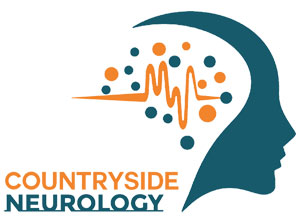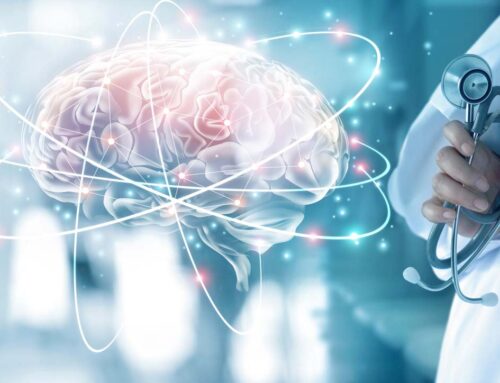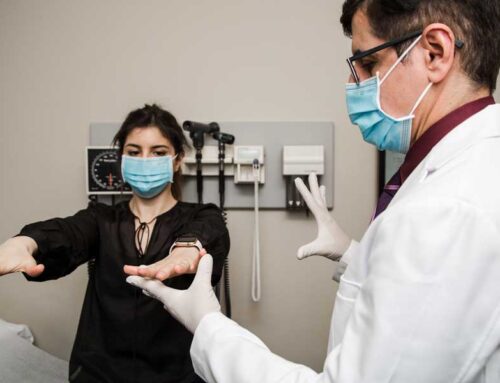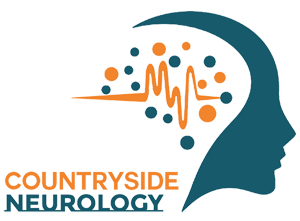Background: Aphasia, a condition affecting one-third of stroke patients, often presents a considerable challenge with limited improvements. This study, sourced from the National Library of Medicine, provides critical insights into the safety and effectiveness of fMRI-guided excitatory repetitive transcranial magnetic stimulation (rTMS) for chronic aphasia treatment, specifically post-stroke aphasia.
Methods: Eight patients with moderate to severe aphasia, occurring more than one year after an LMCA stroke, were enrolled in this study. A linguistic assessment was conducted before and after the rTMS treatment. The study employed a semantic decision/tone decision (SDTD) fMRI task to pinpoint the location of the left-hemispheric Broca’s area. The rTMS protocol included ten daily sessions, each lasting 200 seconds, utilizing an excitatory stimulation approach known as intermittent theta burst stimulation (iTBS). The coil placement was individually targeted to the left Broca’s area.
Results: Among the participants, six out of eight demonstrated significant improvements in semantic fluency after rTMS treatment (p=0.028). They exhibited the ability to generate more relevant words when provided with a semantic category. The pre- and post-rTMS fMRI maps indicated an increase in left fronto-temporo-parietal language networks, marked by a significant shift towards the left hemisphere in the left frontal (p=0.025) and left temporo-parietal (p=0.038) regions, along with the global language laterality index (LI) (p=0.018). Patients also reported subjective improvements on the Communicative Activities Log (mini-CAL; p=0.075). Importantly, none of the subjects experienced adverse effects due to rTMS.
Conclusions: This study demonstrates that fMRI-guided excitatory rTMS, applied to the affected Broca’s area, can substantially enhance language skills in patients with chronic post-stroke aphasia. These improvements align with heightened language lateralization towards the left hemisphere. Furthermore, the rTMS protocol proved to be safe, calling for further exploration through blinded studies to assess its short- and long-term safety and efficacy for post-stroke aphasia rehabilitation.
If you seek renewed language skills after a stroke, consider exploring TMS therapy at Countryside Neurology in Palm Harbor, FL. For inquiries or appointments, call 727-712-1567.
#TMSatCountrysideNeurology #TMSforAphasia
Sources:
ChatGPT





